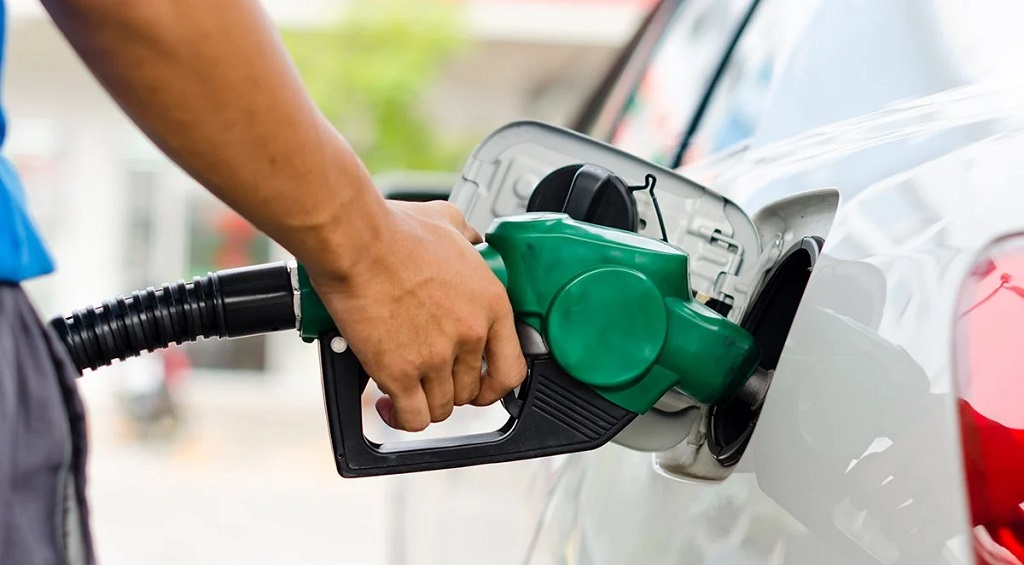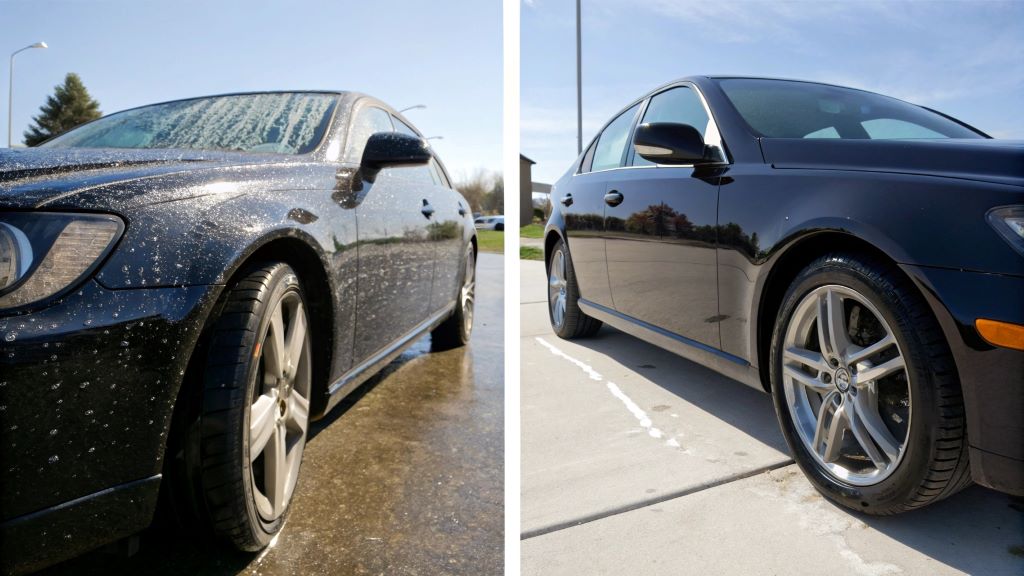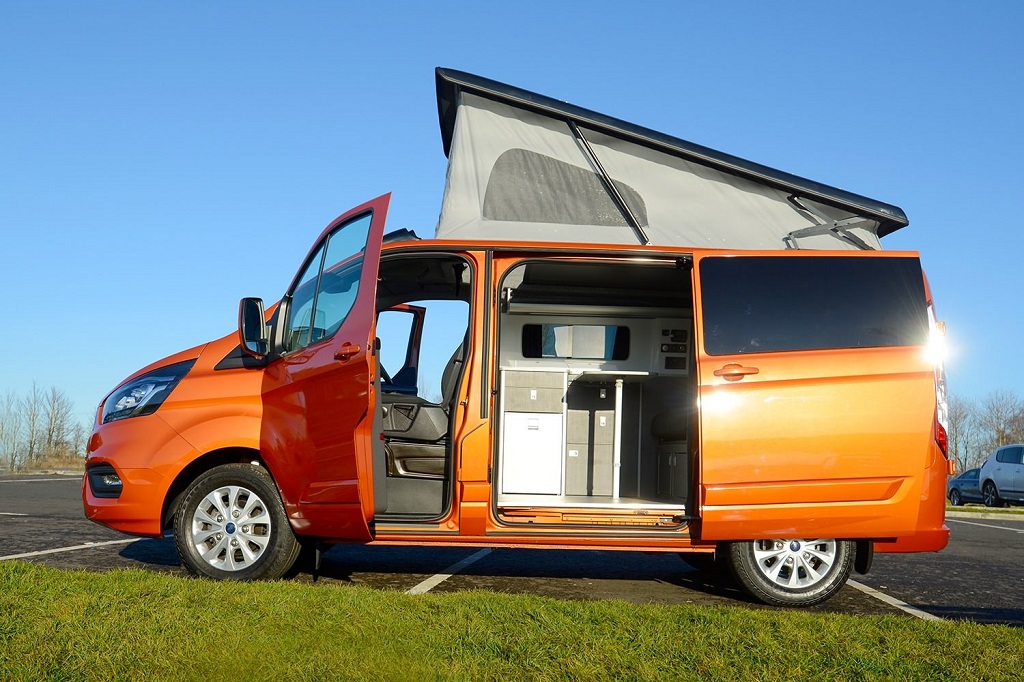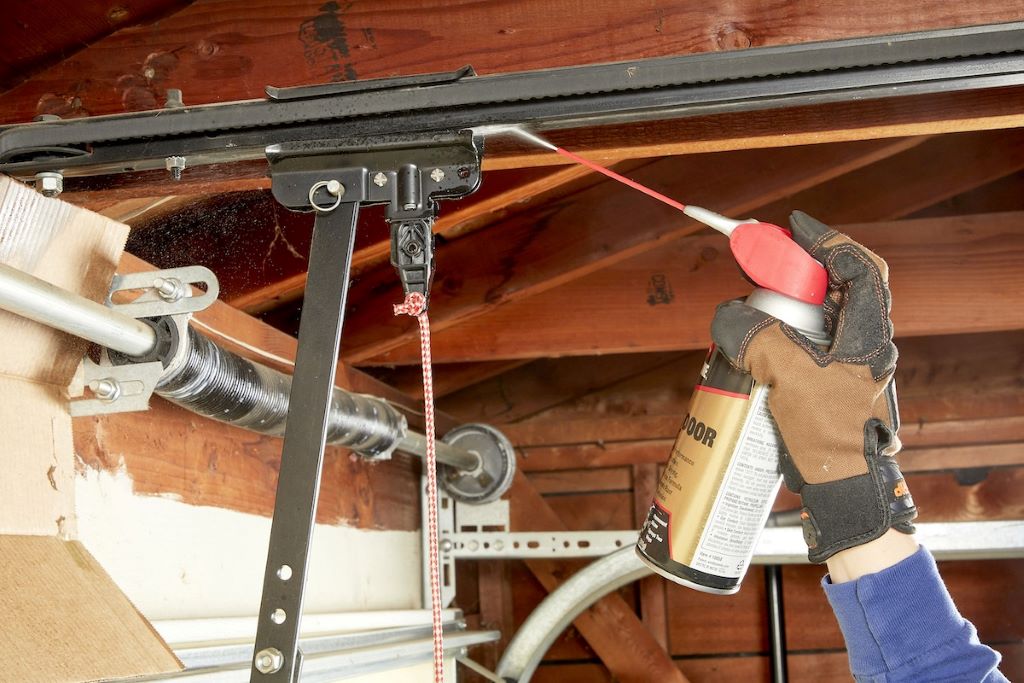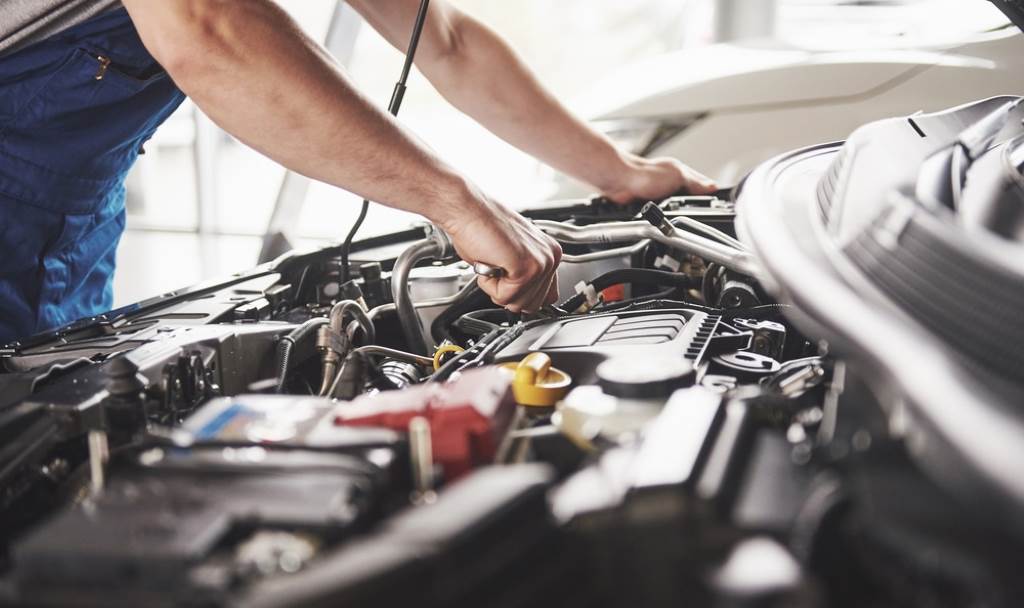In today’s world, where environmental concerns and rising fuel costs go hand in hand, maximizing fuel efficiency has become a crucial aspect of responsible driving and economic savings. As we navigate our daily routines and embark on road trips, understanding how to optimize fuel efficiency can not only lighten our carbon footprint but also help us keep a little extra cash in our wallets.
Understanding Fuel Efficiency: A Brief Overview
Fuel efficiency refers to the ability of a vehicle to travel a certain distance with minimal fuel consumption. It’s essentially a measure of how efficiently your vehicle converts fuel into usable energy, allowing you to get the most out of each gallon of gas. This concept is closely tied to environmental concerns, as improved fuel efficiency contributes to reduced greenhouse gas emissions and less reliance on fossil fuels.
Importance of Fuel Efficiency
The importance of fuel efficiency cannot be overstated. Beyond the obvious economic benefits, enhanced fuel efficiency significantly reduces the environmental impact of driving. Lower fuel consumption translates to fewer carbon emissions, which in turn helps combat air pollution and climate change.
Additionally, improved fuel efficiency contributes to energy conservation and a more sustainable future.
Key Factors Affecting Fuel Efficiency
Before diving into the tips, let’s explore the factors that influence fuel efficiency. These include:
- Driving Habits and Techniques: Aggressive driving, rapid acceleration, and excessive idling can all lead to poor fuel efficiency. By adopting smoother driving habits, you can optimize your vehicle’s fuel consumption.
- Vehicle Maintenance: Regular maintenance, such as tuning the engine, keeping tires properly inflated, and ensuring clean air filters, can significantly impact fuel efficiency.
- Route and Terrain: Driving on hilly terrain or in heavy traffic can lead to higher fuel consumption. Planning routes that minimize these factors can help save on gas.
- Vehicle Type: Different vehicles have different fuel efficiency levels. Smaller, lighter vehicles tend to be more fuel-efficient than larger ones.
Top Tips to Boost Fuel Efficiency
Now, let’s delve into some practical tips not only to enhance your vehicle’s fuel efficiency but also to ensure its overall performance and appearance:
- Gentle Driving: Accelerate and brake smoothly to save fuel and reduce wear on your vehicle.
- Steady Speeds: Maintain a consistent pace on highways using cruise control when possible. This steady driving style not only conserves fuel but also contributes to safer journeys.
- Drive Moderately: Avoid excessive speeds for better fuel economy, and also for increased safety on the road. Responsible driving contributes to both fuel efficiency and a decreased likelihood of requiring repair damage after a collision.
- Minimize Idling: Turn off the engine if you’ll be stationary for over a minute. This not only saves fuel but also prevents unnecessary wear on your vehicle’s components, potentially eliminating the need for costly repairs down the road.
- Inflate Tires: Keep tires properly inflated to cut down on fuel consumption and enhance your vehicle’s overall handling. It’s a small step that can significantly impact your driving experience and reduce the likelihood of needing to repair damage after a collision.
- Lighten the Load: Remove unnecessary items to improve vehicle efficiency and reduce the strain on your vehicle’s suspension.
- Smart AC Use: Use air conditioning judiciously, especially at higher speeds, to maintain fuel efficiency.
- Efficient Routes: Plan trips to avoid traffic and unnecessary detours.
- Combine Errands: Group multiple errands into one trip to reduce mileage and fuel consumption.
- Right Fuel: Always use the recommended fuel type for your vehicle. Using the correct fuel ensures optimal performance.
- Aerodynamics: Remove roof racks when not needed to reduce drag and improve fuel efficiency. This small adjustment can have a positive impact on your vehicle’s performance and lessen the risk of damage that might require repairs or costly vehicle paint restoration.
- Regular Maintenance: Stick to your vehicle’s maintenance schedule for optimal efficiency. Regular check-ups and upkeep reduce the chances of unexpected breakdowns.
Impact of Improved Fuel Efficiency on Gas Savings
The financial benefits of boosting fuel efficiency are evident. Not only do you spend less money on gas, but you also extend the life of your vehicle by reducing wear and tear on the engine. Over time, these savings can accumulate significantly, allowing you to allocate funds to other priorities.
Examples of Successful Fuel Efficiency Boosting
Numerous real-life examples highlight the positive outcomes of prioritizing fuel efficiency. Consider the case of Lisa, a daily commuter. By adopting smoother driving techniques, carpooling occasionally, and ensuring her vehicle was well-maintained, she managed to increase her fuel efficiency by 15%. This translated to a substantial decrease in her monthly gas expenses.
Another inspiring story of fuel efficiency success comes from Mark, a frequent traveler who decided to take a cross-country road trip. Knowing that long distances could take a toll on his wallet and the environment, Mark meticulously planned his journey. He made use of online tools to map out the most fuel-efficient routes, avoiding congested areas and opting for highways with steady traffic flow.
During the trip, Mark consistently adhered to fuel-saving driving techniques. He maintained a steady speed, used cruise control whenever possible, and avoided excessive idling during rest stops. Mark also took advantage of technology by using his vehicle’s real-time fuel efficiency monitor to adjust his driving style and optimize fuel consumption.
These success stories also serve as a reminder that boosting fuel efficiency goes beyond just saving money at the pump. It’s about adopting a conscientious approach to driving, making informed choices, and taking responsibility for the environmental impact of our actions.
Common Misconceptions About Fuel Efficiency
Despite the abundance of information available, several misconceptions about fuel efficiency persist. One such misconception is that premium fuel improves fuel efficiency in all vehicles. In reality, premium fuel is designed for specific engine types and may not benefit all vehicles. Another myth is that idling uses less fuel than restarting the engine. Modern engines are designed to be more fuel-efficient when restarted, making it advisable to turn off the engine when parked for an extended period.
In conclusion, fuel efficiency is a multifaceted concept that intersects environmental responsibility, economic savings, and vehicle longevity. By adopting mindful driving habits, prioritizing vehicle maintenance, and making informed choices, you can effectively boost your fuel efficiency and contribute to a greener, more sustainable future. Remember, even small changes in your driving routine and maintenance practices can lead to significant improvements in fuel efficiency, allowing you to enjoy both the road ahead and the savings in your pocket.
So, the next time you hit the road, keep these tips in mind and watch your fuel gauge—and your savings—rise. By implementing these strategies and staying conscious of your driving choices, you’ll not only be saving money but also playing a part in reducing your carbon footprint and leaving behind a cleaner, healthier planet for generations to come.

